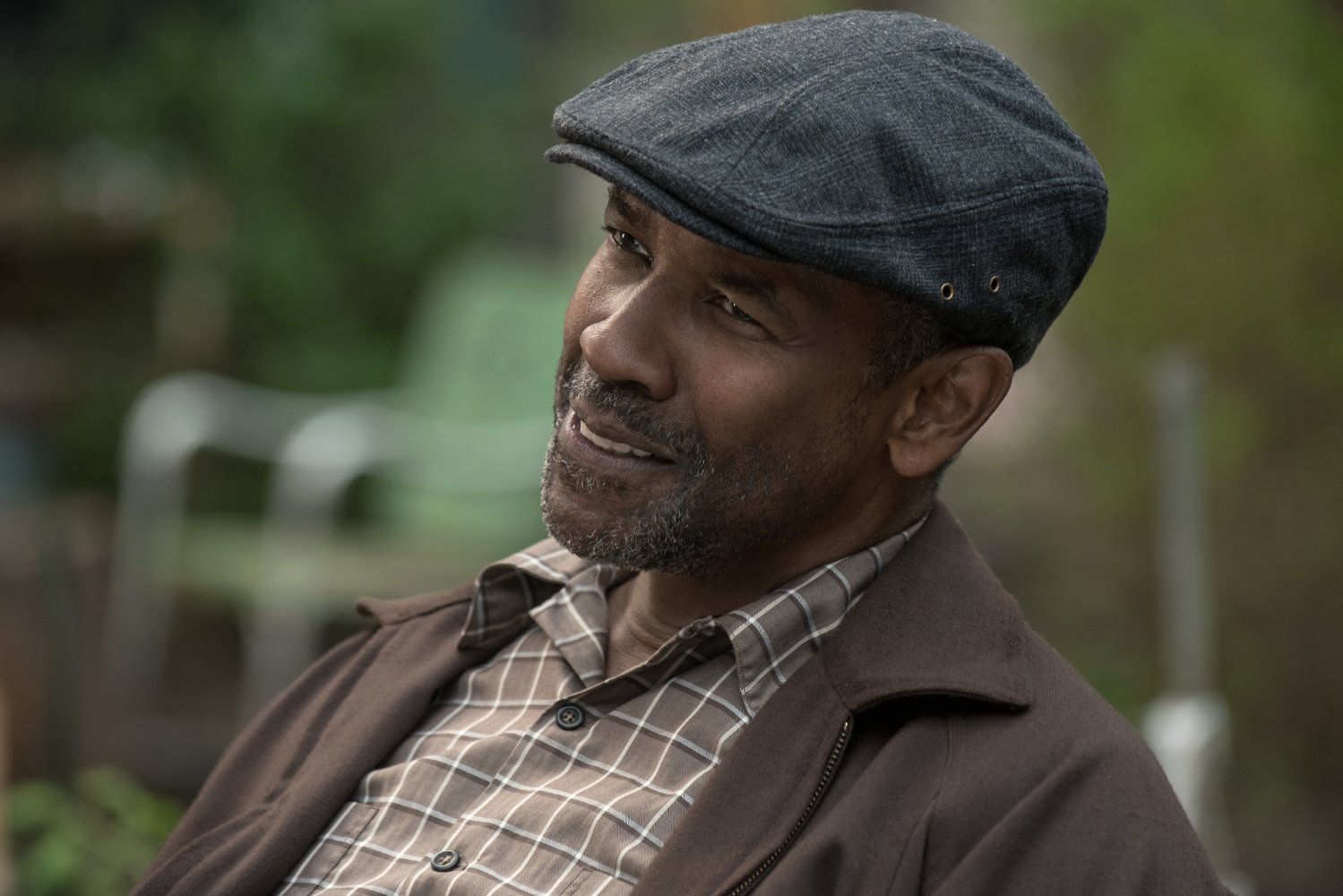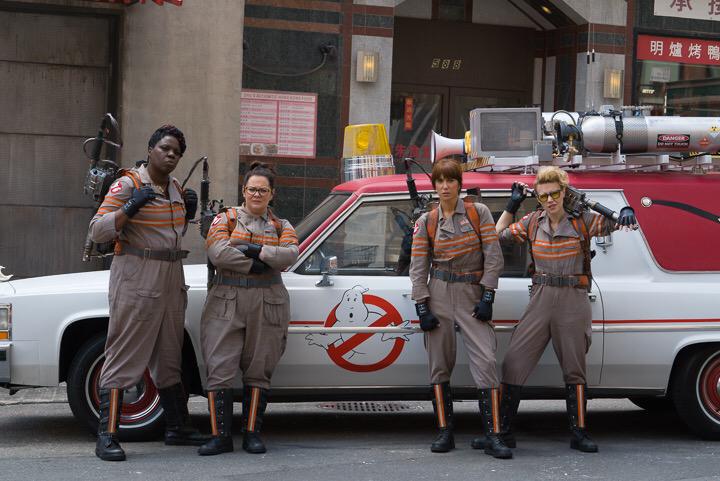By Richard von Busack
Troy Maxson is a 53-year-old Pittsburgh garbageman during the Eisenhower era. In his earlier years, he was a Negro League player who’d hit seven homers off Satchel Paige himself. August Wilson’s Fences is the story of Maxson’s life, and it’s directed with surpassing power and precision by its star, Denzel Washington. This particularly acute study of a man whose life slips out of his hands isn’t a one-thing-after-another melodrama. Wilson’s script shows Maxson on a series of Friday nights, when the man is exulting, full of payday bluster and a little gin.
For a tragedy, Fences is often at least as much fun as The Honeymooners TV show. Maxson is exuberant because he’s rising. He has a house, a backyard and a union card. He has a wife of 18 years, Rose (Viola Davis, brilliant), whom he loves in his own fashion.
Washington won a Tony in 2010 for reviving the role of Troy Maxson that James Earl Jones originated on Broadway in 1987. But the performance here is thoroughly adapted from the theater—it’s not bludgeoning or oversized. When Washington goes big, hollering like Tarzan, or chasing his flustered wife around the porch, it’s in contrast to the intimate, homicidal hiss with which the man lays into his son Cory (Jovan Adepo), harassing him like a drill sergeant.
Maybe the production design softens the edges. We’re looking into what is now the long past, and it’s gilded and misty. It’s not what you’d expect from a ghetto—it’s charming. But when your inner landscape never changes, what do surroundings matter? Maxson’s damage is already done, and it’s irreversible. Washington has been doing dutiful, strong-silent, sullen-hero work lately. His Troy Maxson breaks away from this commercial work: It’s the performance of the year, and maybe the performance of Washington’s career.
Fences has its downside—Gabriel (Mykelti Williamson), Maxson’s brother, is a holy fool character, raving about heaven’s gates. Gabriel is a benign counterpoint to Maxson’s own celestial fantasies of besting the devil and wrestling death, but it’s a repetitive performance. Three brilliant acts are followed by a very conciliatory coda, with the assurance of heaven. It’s hard to swap this promise of mercy in the sky for the last we see of Maxson—ruined but defiant, shouldering his bat, wearing his game face, waiting for the pitch.









